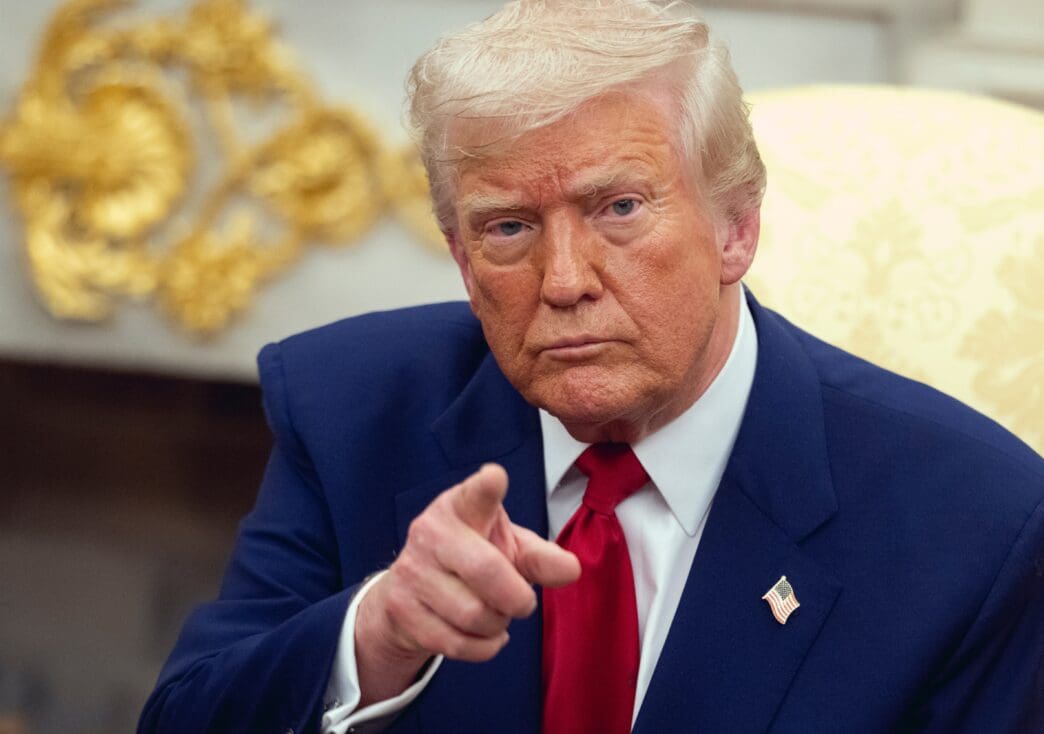Executive Summary
The Story So Far
Why This Matters
Who Thinks What?
The Trump administration is preparing to offer unaccompanied migrant teenagers aged 14 and older a $2,500 payment to voluntarily depart the United States. This initiative, confirmed by three sources familiar with the plans and an administration memo, expands on existing policies that offer financial incentives for adult immigrants to self-deport.
The Department of Homeland Security (DHS) is spearheading the program, which is presented as a cost-effective alternative to the expenses associated with immigrant detention and deportation. Officials argue that encouraging voluntary departures can significantly reduce the financial burden on federal agencies.
A notice from the Department of Health and Human Services (HHS) to legal service providers outlines the “one-time resettlement support stipend” for eligible teenagers. This payment is specifically intended to assist with reintegration efforts once the individuals have returned to their home countries.
The voluntary option is expected to initially target 17-year-old migrants and requires approval from an immigration judge. The $2,500 payment would be disbursed only after the migrants have arrived in their country of origin.
An Immigration and Customs Enforcement (ICE) spokesperson stated that the program offers a “strictly voluntary option” for unaccompanied migrant children (UACs) to return home to their families. The spokesperson emphasized that the process involves judicial oversight to ensure the child’s decision is informed and made of their own free will.
This policy move is part of the Trump administration’s broader focus on migrant children who arrive at the U.S. southern border alone. As of October 2, approximately 2,100 children were in HHS custody awaiting placement with a sponsor.
Previous efforts by the administration to repatriate migrant children have encountered legal challenges, including a temporary block by a federal judge on the return of dozens of Guatemalan children. Concerns were raised regarding whether parents were aware of their child’s deportation and the potential safety risks upon return.
Immigrant advocates and attorneys have expressed alarm over the incentivized voluntary departure program. Neha Desai, managing director of Children’s Human Rights & Dignity at the National Center for Youth Law, argued that while voluntary departure is an existing option, there is “no legitimate reason for the government to affirmatively provide children with this option and incentivize it with a financial payoff.”
The Trafficking Victims Protection Reauthorization Act, a law in place for over two decades, provides crucial protections for unaccompanied migrant children, including screenings for human trafficking or credible fear of persecution. Critics suggest that policies pushing for rapid deportations, particularly with financial incentives, could undermine these established safeguards and potentially send vulnerable children back to dangerous situations.
Policy Context and Concerns
The administration has previously sought to accelerate the deportation of some migrant children by having federal agents directly ask teenagers if they wish to voluntarily depart. This marked a departure from long-standing protocol that typically required federal authorities to transfer most unaccompanied children to HHS for care and legal processing.
Advocates maintain that child safety should be paramount when dealing with vulnerable migrant children. They contend that the Trump administration’s policies risk causing more harm than good if they result in children being returned to unsafe conditions without adequate protections or legal counsel.








